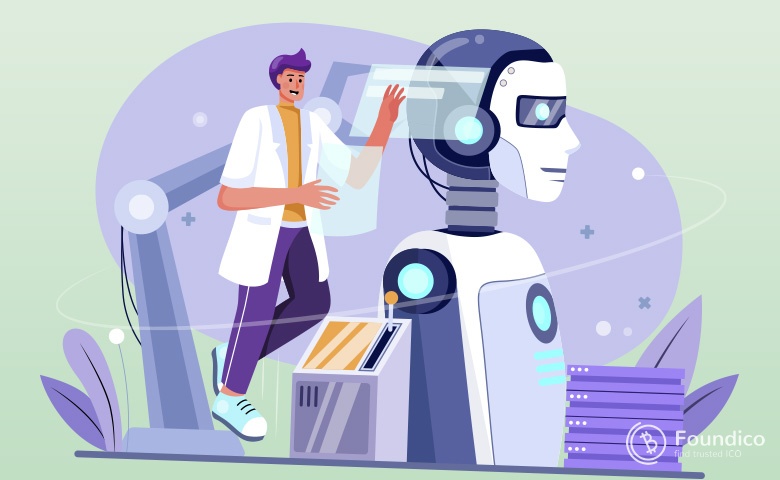The Ethics Behind Artificial Intelligence

Our society is being rapidly transformed by artificial intelligence (AI), which also raises a lot of ethical issues as the technology develops. The potential impact of AI on social justice is one of the biggest problems. AI has the potential to significantly improve our lives, but it also has the potential to reinforce prejudices already in place and perpetuate social inequalities.
The criminal justice system is one area in which AI is being used. Machine learning is used, for instance, in predictive policing algorithms to analyze crime data and identify crime hotspots. While this technology can aid in crime prevention, it also runs the risk of overpolicing marginalized communities and aggravating pre-existing biases in the criminal justice system.
AI is also being used in hiring and recruitment processes. To review resumes and find the most qualified applicants for a position, machine learning algorithms can be used. On the other hand, if the algorithm is developed using biased data, it might reinforce existing workplace disparities and prejudices.
Additionally, AI is being applied in the medical field to diagnose patients and analyze patient data. Although this technology can help patients, it can also amplify the prejudices already present in the medical field. For instance, if an algorithm is trained on information that is biased against particular groups, it may provide inaccurate diagnoses or suggest the wrong course of treatment.
It's critical to develop AI in a transparent, objective, and equitable manner in order to address these ethical issues. This necessitates a dedication to justice and a readiness to address any potential biases and inequities that may result from AI. For AI to be inclusive and equitable, it also needs to be developed and implemented with the input of diverse voices.
In conclusion, AI has the potential to enhance our lives in a variety of ways, but it also carries the risk of perpetuating social injustices and strengthening preexisting biases. It is crucial to investigate the ethical implications of AI and develop the technology in a transparent, objective, and equitable manner if we are to use technology to promote a more just society. We must make every effort to use AI in a way that is equitable and just for everyone as it develops.
By Pooyan Ghamari, a Swiss economist visionary who is exploring the ethical implications of AI

 Pepenode - Pepenode is a utility meme coin token designed to power the Pepenode ecosystem, a gamified virtual mining platform for meme coins
Pepenode - Pepenode is a utility meme coin token designed to power the Pepenode ecosystem, a gamified virtual mining platform for meme coins